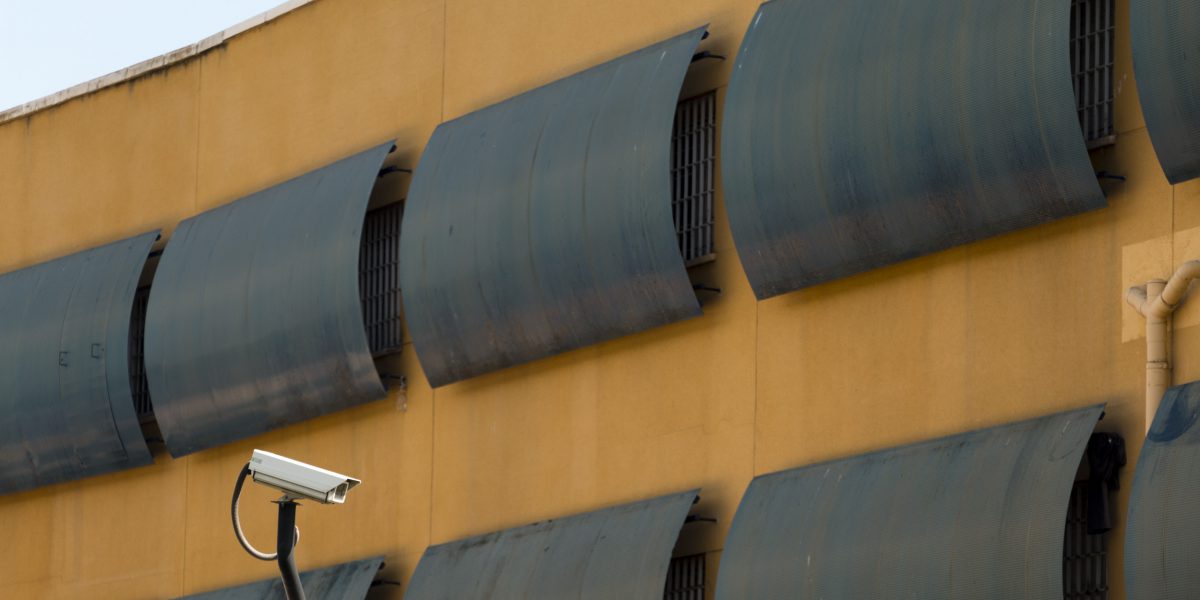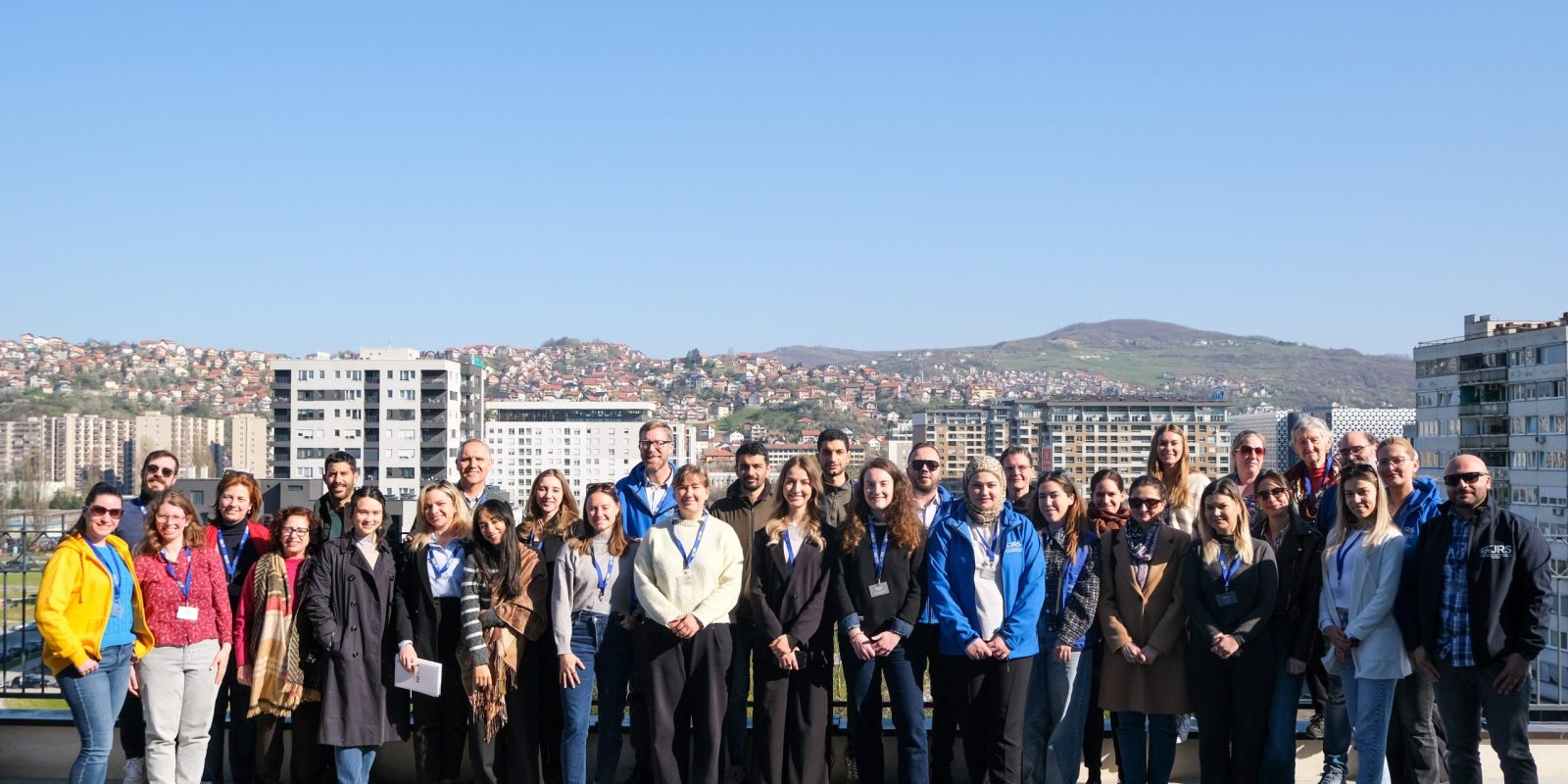
A round table discussion was organised yesterday afternoon by the Spanish Jesuit Refugee Service office about the JRS Europe report Covid-19 and Immigration Detention: Lessons (Not) Learned.
The conversation included Iván Lendrino Tejerina (coordinator of JRS Spain’s detention centre programme), Josep Buades Fuster SJ (coordinator of JRS Spain’s South Border programme and director of Asociación Claver-SJM), Arcadio Díaz Tejera (controlling Magistrate and Judge of the Las Palmas detention centre), Elena Arce Jiménez (Chief Technician of the Migration and Equal Treatment Area of the Ombudsman’s Office) and Paloma Favieres Ruiz (Coordinator of legal services at CEAR).
As Arcadio Díaz Tejera noted, ‘the pandemic has generated a restrictive deviance where fundamental rights are concerned.’ In a year in which social wellbeing and health have been and continue to be of particular strategic importance, the structural weaknesses presented by migrant detention centres have put their very existence into question. ‘We have to avoid going into the centres: safety guarantees are minimal,’ said Paloma Favieres, to which Elena Arce added: ‘with confinement and the State of Emergency, the centres have lost their purpose.’
Among the issues these speakers have brought to the table, it is worth highlighting the insufficient role of legal and social care within the centres, and a particular worsening of social and sanitary conditions. Díaz Tejera provided an example of the former: ‘on the 25th September, 42 boys (29 Malian, 9 Senegalese, 2 Gambian, 1 Mauritanian) entered the centre. When I asked them where they came from and if they knew what international protection was, they all said no. Migrants should know their protection rights, and not just by asking about them: these rights should be explained outright. The boys themselves don’t see themselves as holding any rights, they only ask for something to eat.’
With regards to this area, Paloma Favieres insisted that ‘improving legal assistance and translation in legal assistance are crucial elements, in addition to enthusiasm, love of the job, and believing in what you do.’
Social and Health
In yesterday’s event, it was noted that the current social and sanitary assistance provided in the centres is greatly lacking. To quote Elena Arce: ‘The news of the detention centres in this pandemic year isn’t that people haven’t been detained for months, the news is Samba Martine. A civil society which hasn’t been able to compensate the mother and daughter of this person who died in the Madrid detention centre even 11 years after the fact, or have the administration take responsibility for what happened. In the middle of a pandemic, it is especially appropriate to reflect on this. It is important to monitor and analyse this resolution, to see what kind of healthcare is provided in the centres.’
‘Covid-19 has revealed that the only alternative for those coming from emptied detention centres has been humanitarian aid programmes,’ said Paloma Favieres, ‘drawing a line between emergency and stable measures, and the inability to convert emergency measures into structural ones.’
It was thus shown that during the months of empty centres, ‘no one missed them,’ according to Iván Lendrino, coordinator of JRS Spain’s Detention Centres Programme, with civil society hospitality being the most proportionate and appropriate reaction to cases of forced migration.

